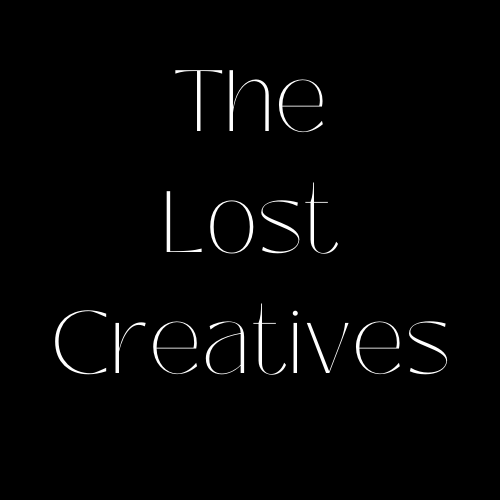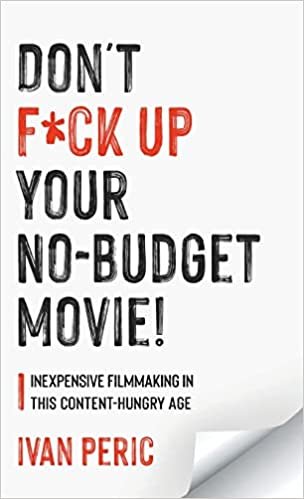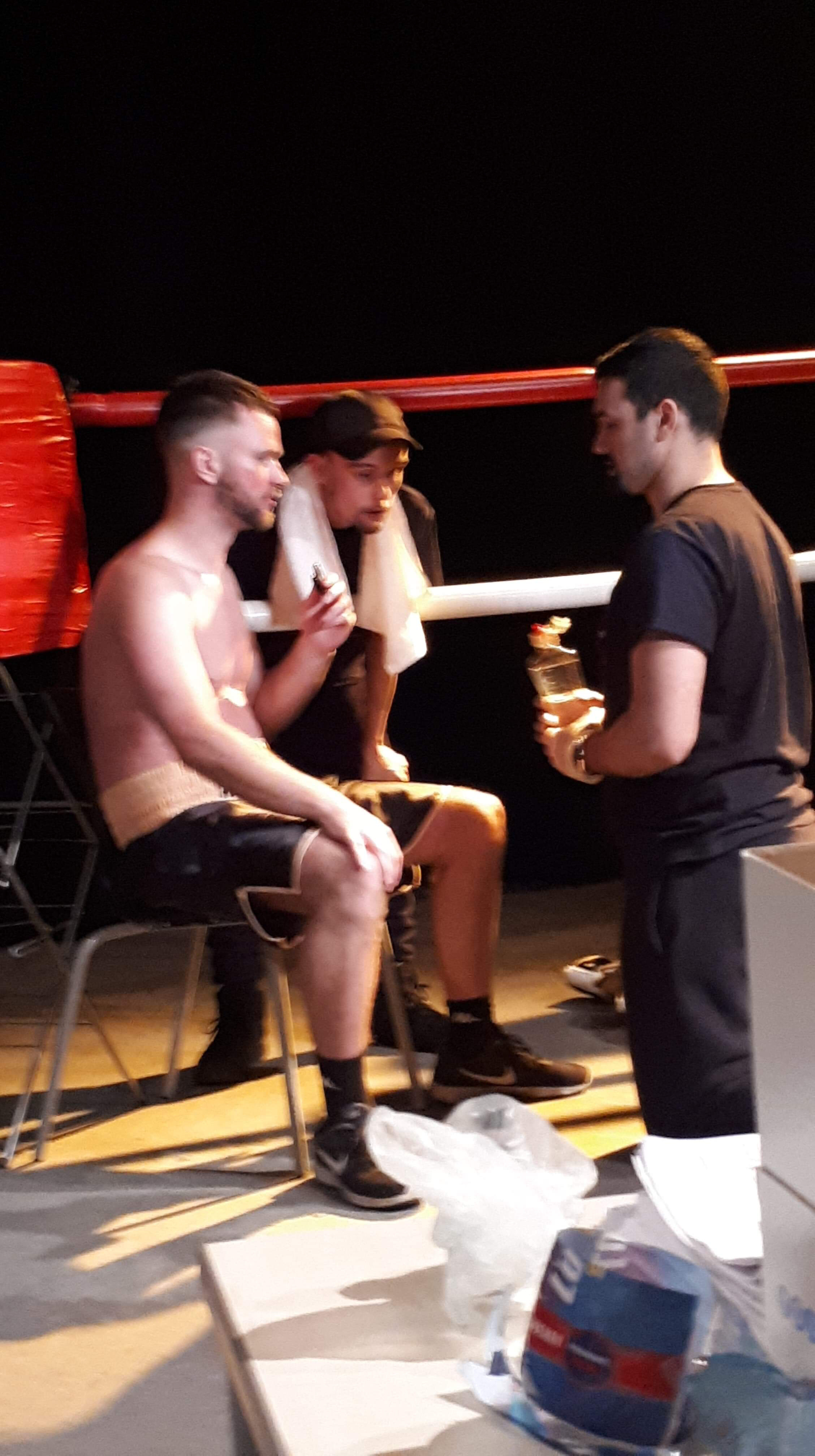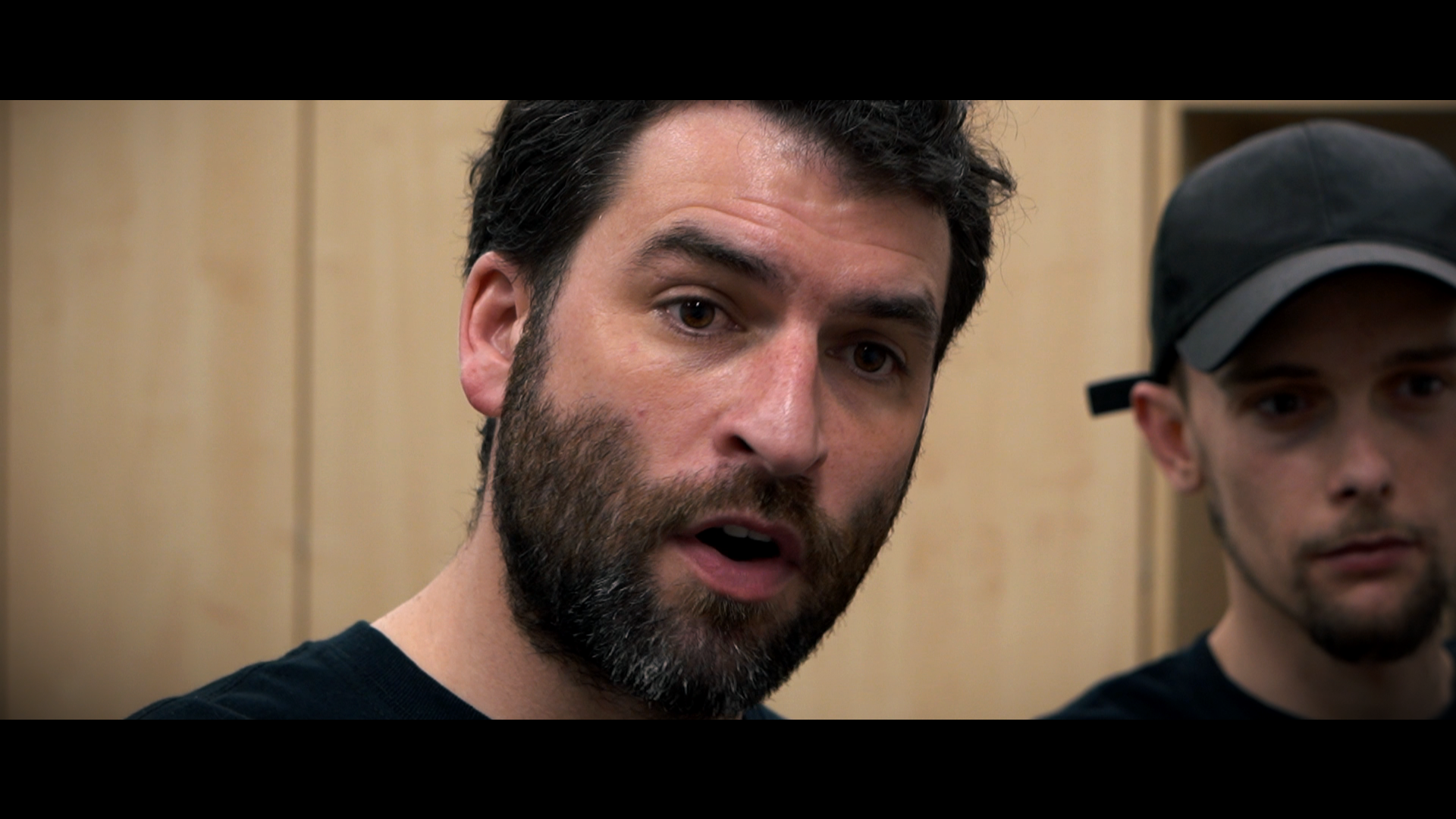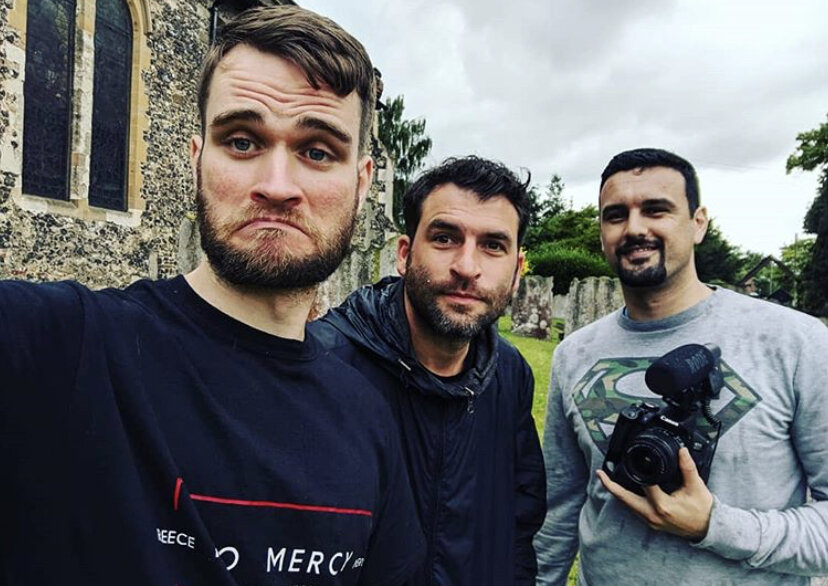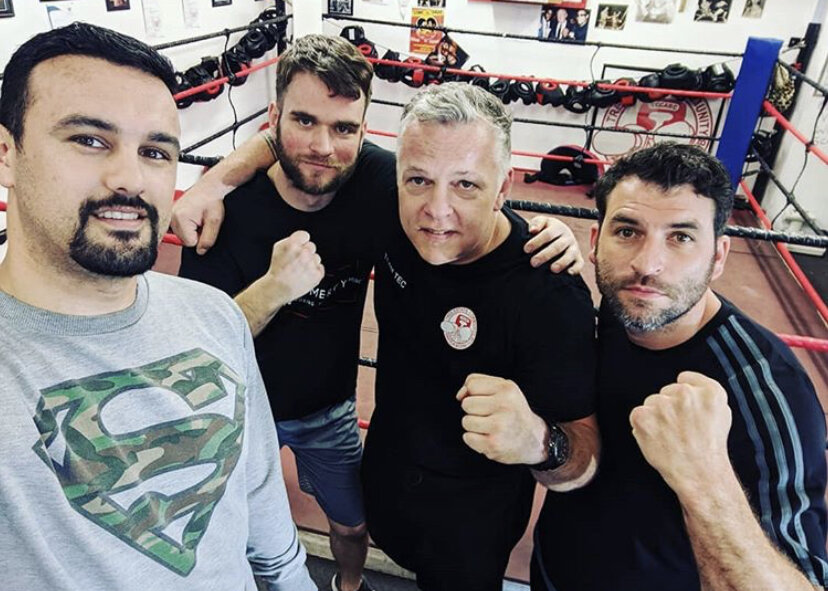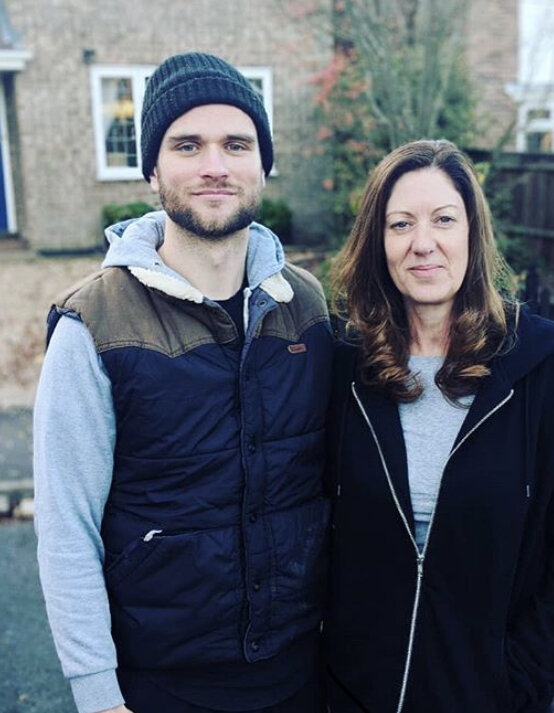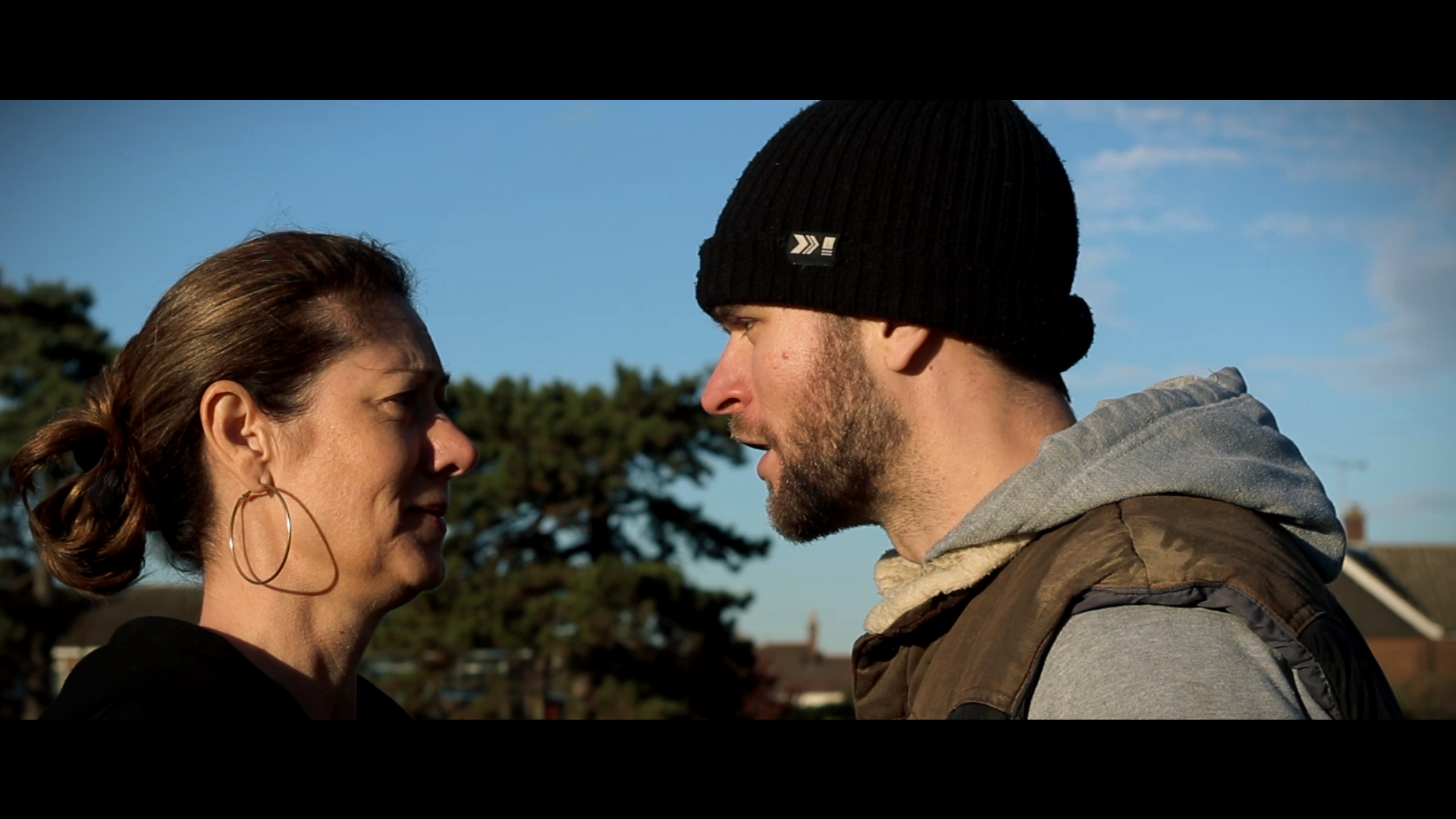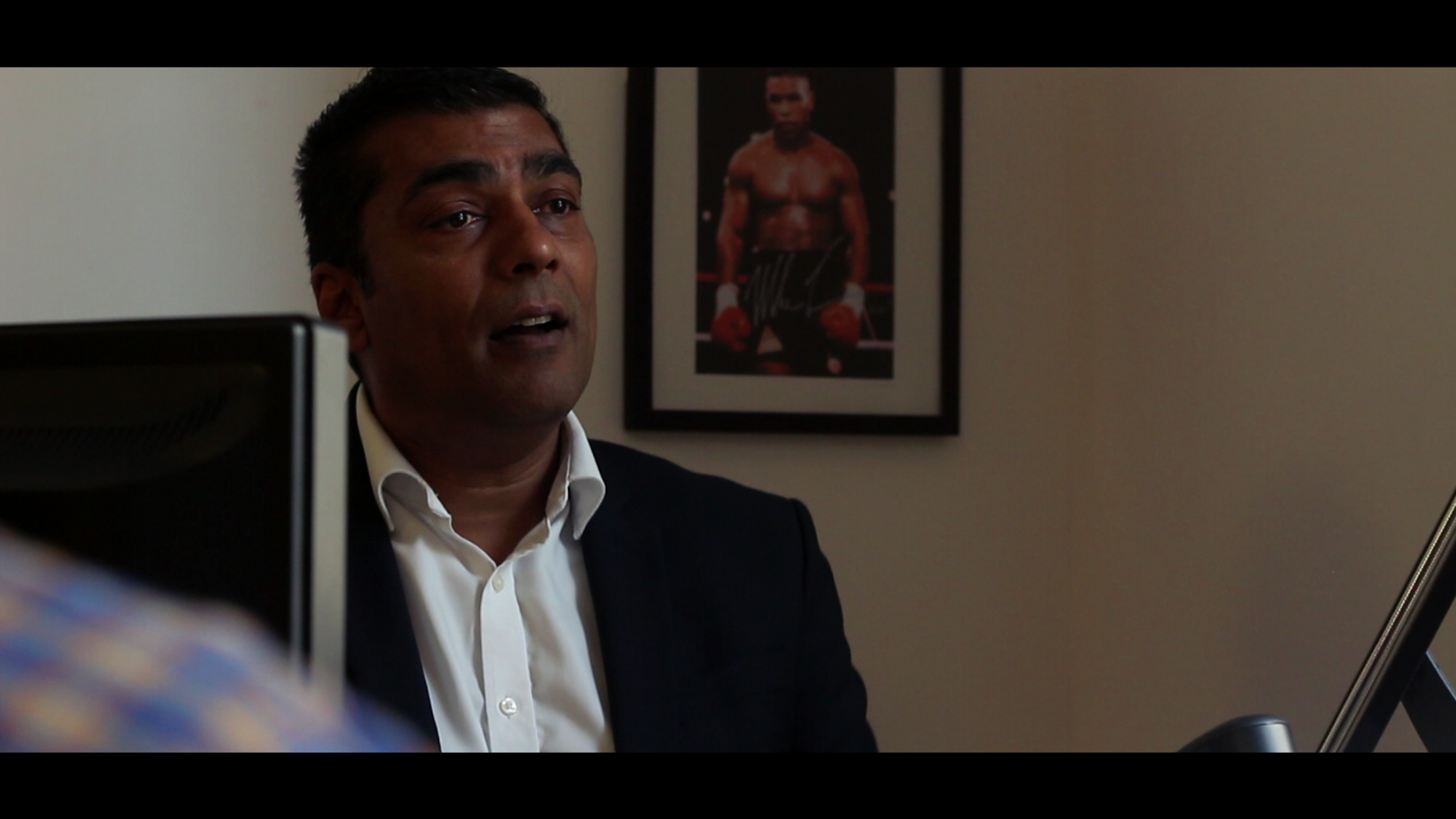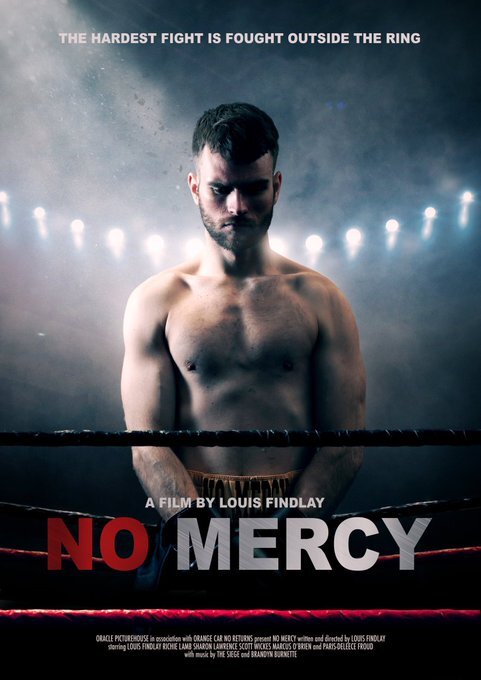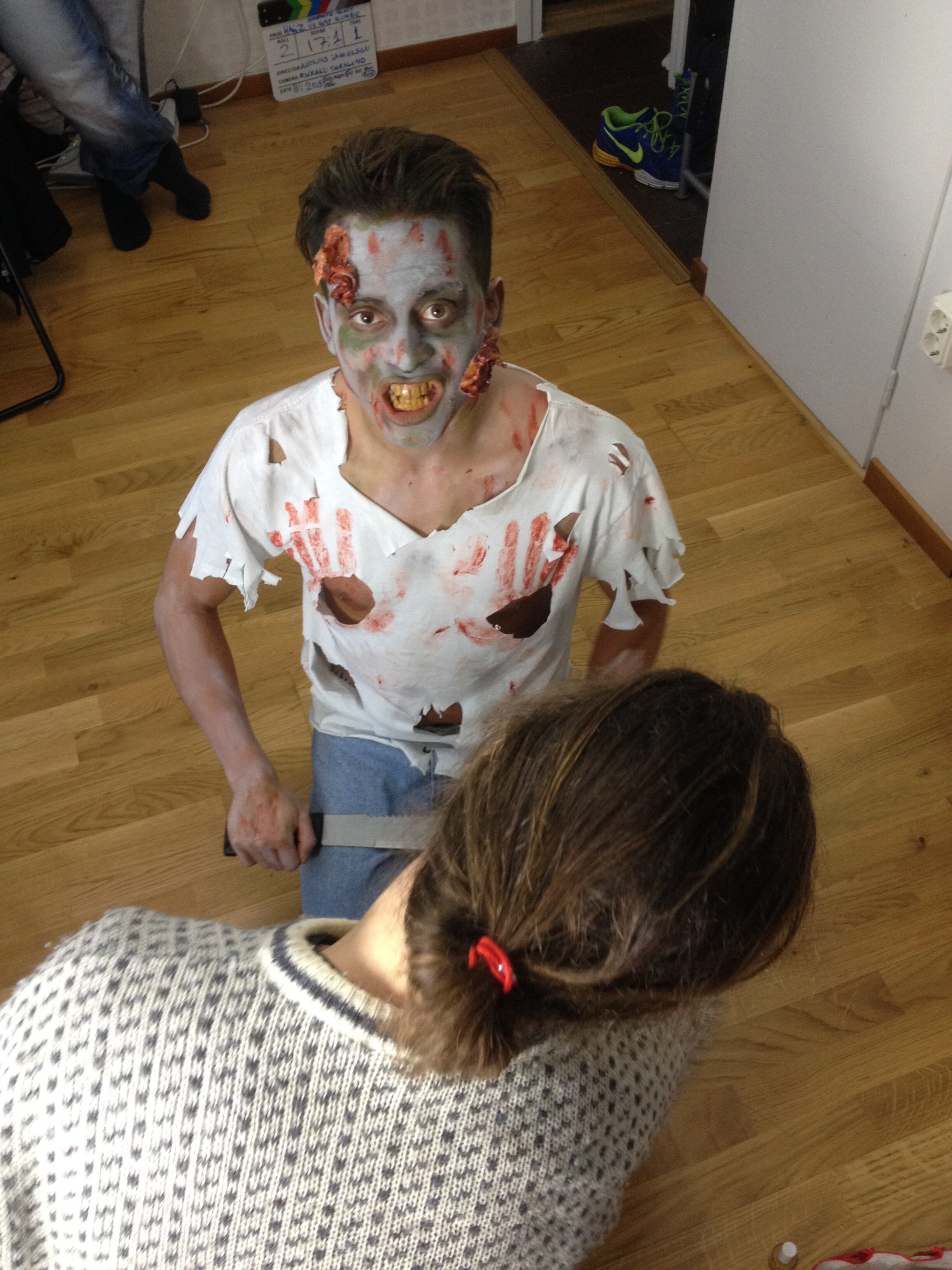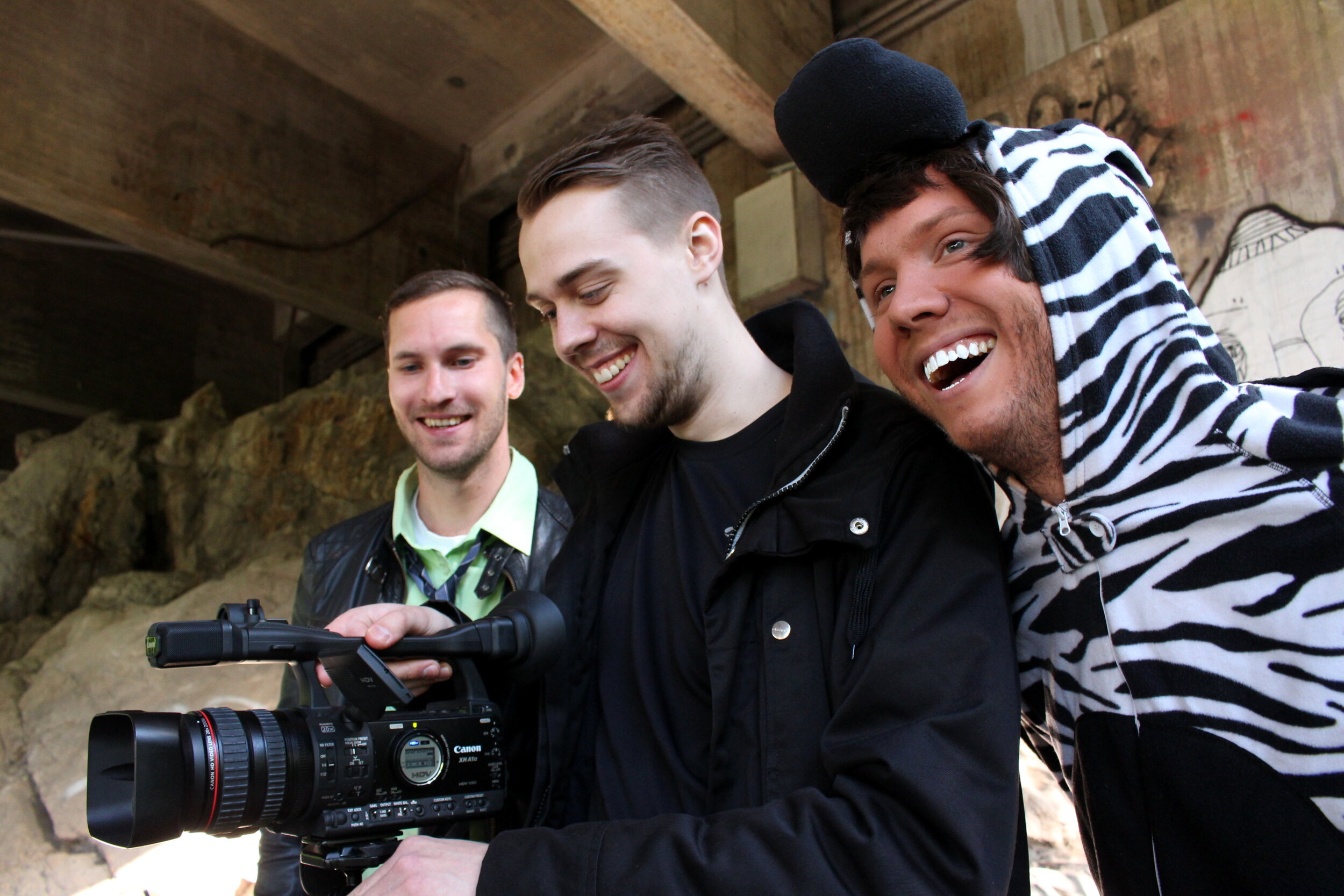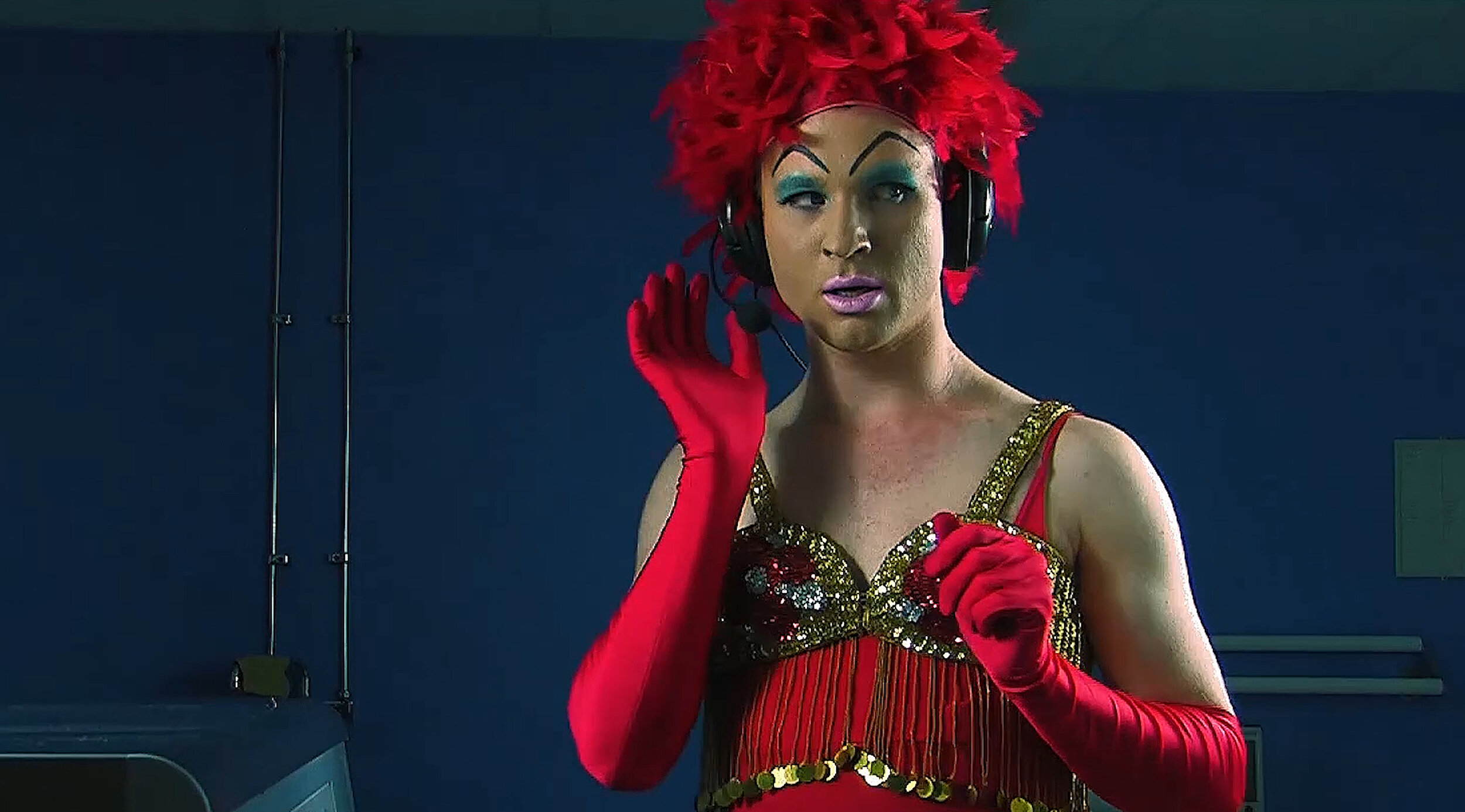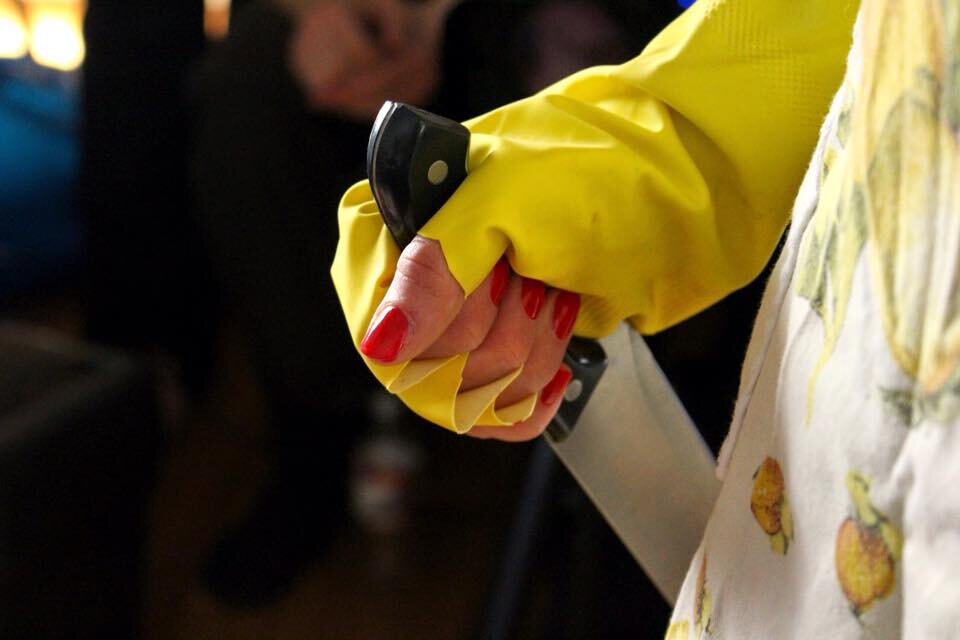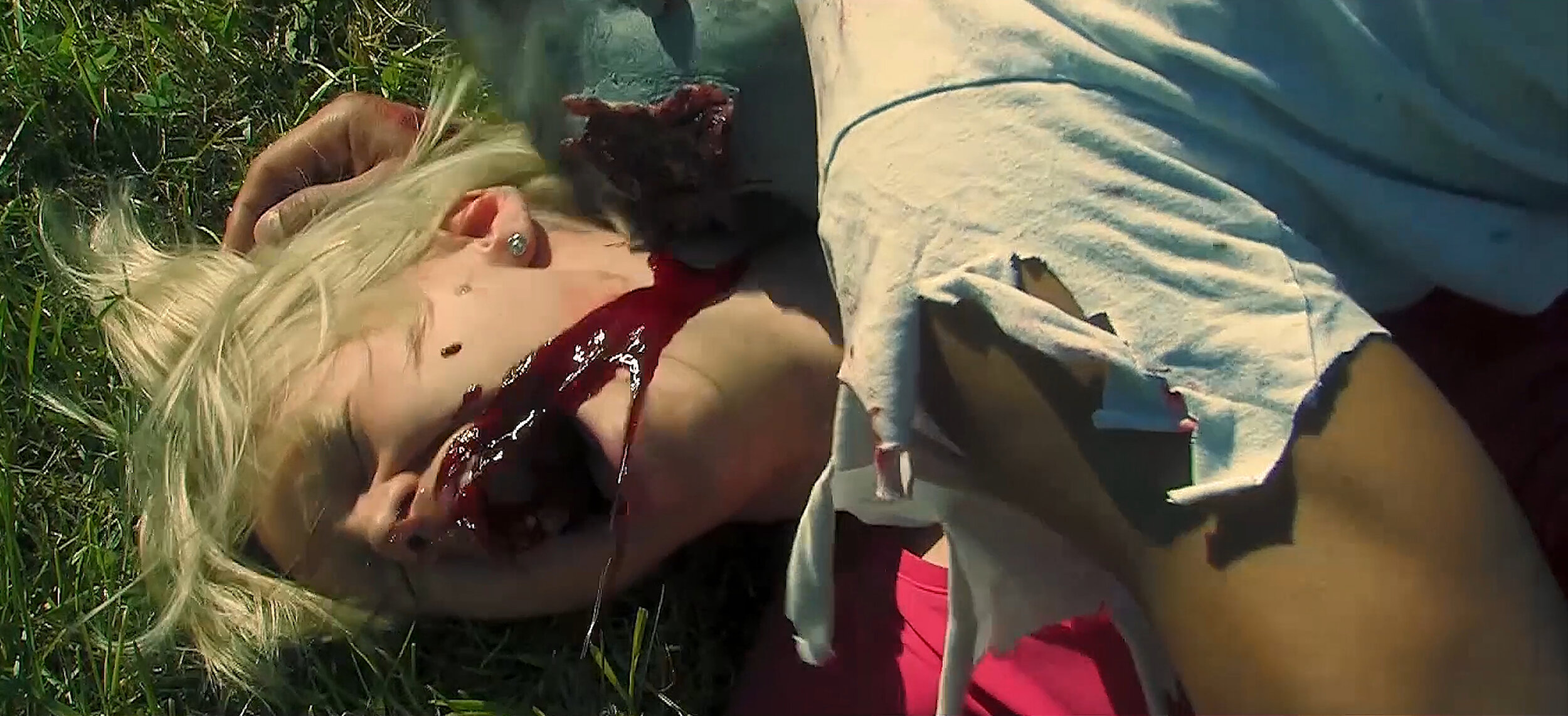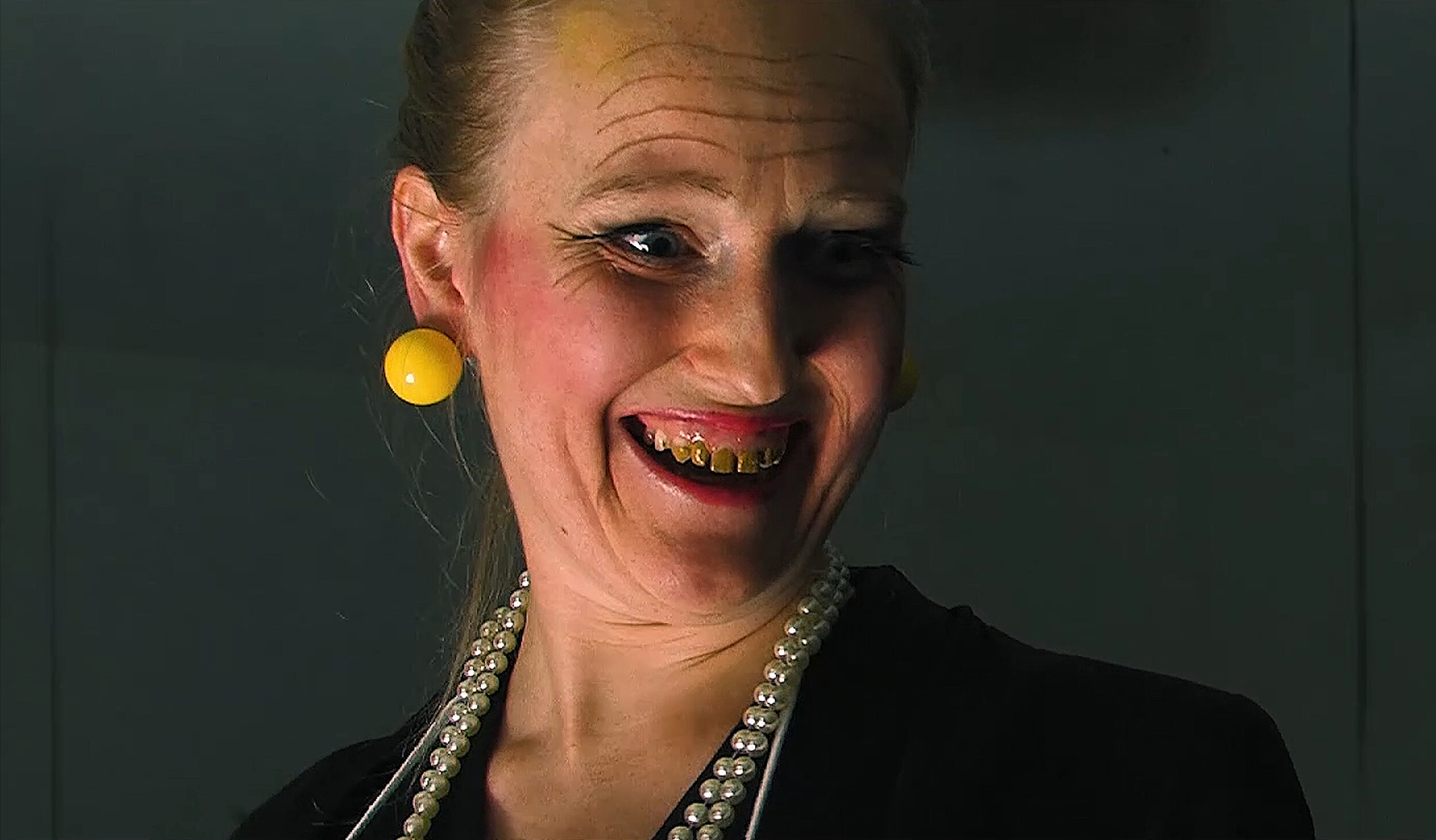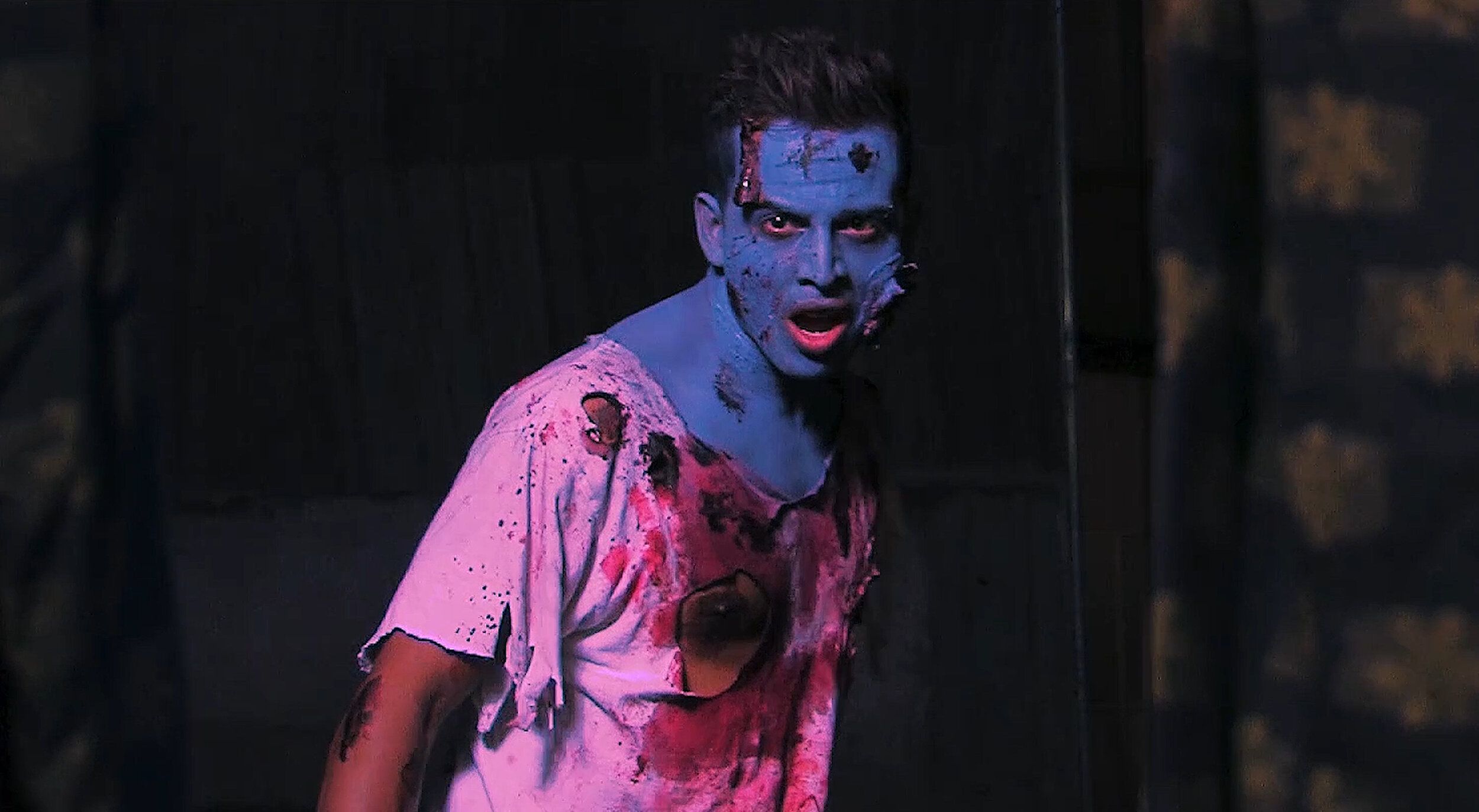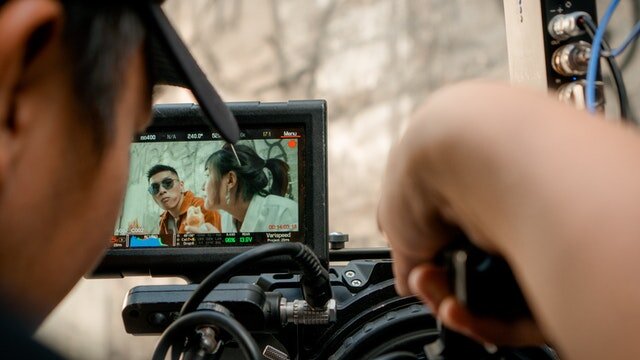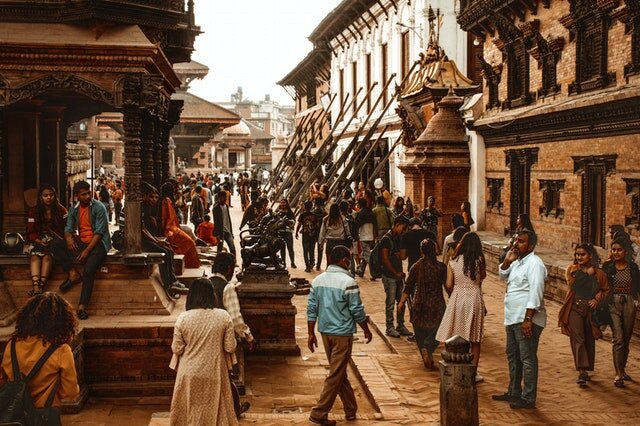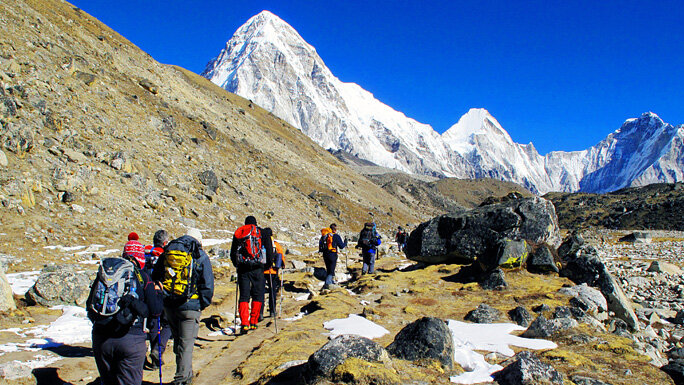As an accomplished filmmaker and actor in his own right, Ivan Peric has become something of a maven for the digital content market and with his book “Don’t F*ck Your No Budget Movie” takes you through the hard-earned and hard-learned process that took his passion for acting and film to a wider audience, detailing the process with retrospective ease to help others in the same place.
Working backward, Ivan Peric talks about his own experience of starting out as a filmmaker taking the mistakes he made, the lessons he learned, and compiling them into an easy-to-follow and frankly common-sense manner that will change the way you look at digital filmmaking and selling your product.
Many new and established filmmakers have the belief that “If I make it, they shall come,” and focus on film as an art form rather than a commercial venture, which if you want to make a career out of this is the wrong approach and often leads down the path of shelving a project. What this book focuses on is taking the art, and the commercial, combining the two, and producing work that will be a showcase of your talents and commercially viable.
What is really refreshing about “Don't F*ck Your No-Budget Movie” is the candor with which Ivan approaches the process, he openly talks about how hard it was to make things happen and why, giving a first-hand view of what he did, how he achieved it and what pitfalls he faced in the journey.
As a team, we can see the value in this book and fully endorse it, our team has worked behind and in front of the camera for over 20 years and we decided that we wanted to focus our energy on producing for ourselves which we had a broad idea of what was involved from previous work, however, taking that knowledge (along with our contacts in distribution, casting, etc), alongside the stellar advice offered by Ivan Peric in his book, we can clearly create a path that will reduce the process of creating a TV or film project and streamline it making it a much more cohesive journey. *It is worth noting even with the experience we have it is always good to source additional information and add to the arsenal of information we have in our pocket, which this book did by verifying our thought processes and giving a clear and concise plan that filled in certain gaps in our knowledge.
To learn more about Ivan Peric or to purchase the book see:
Don't F*ck Up Your No Budget Movie! Amazon UK. (Kindle, Paperback, and Hardback)
Don't F*ck Up Your No Budget Movie! Amazon USA. (Kindle, Paperback, and Hardback)
Don't F*ck Up Your No Budget Movie! Barns and Noble USA
